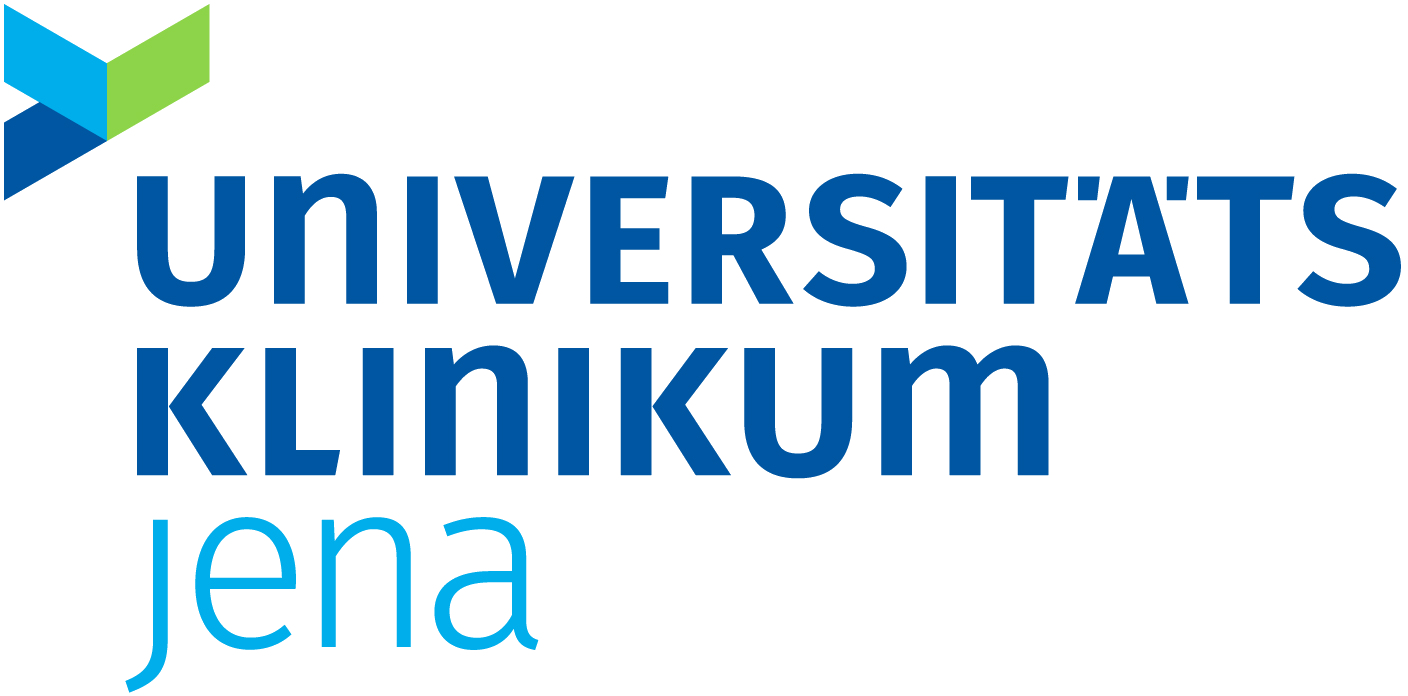- Home
- Research
- Quantum Systems
- Projects
- Archive
- Femago
Femago
Unscreened fetal magnetocardiogram (fMKG) recording with integrated optically pumped magnetometers (OPM)
Runtime: 01.04.2018 - 30.09.2021
The fetal magnetocadiogram (fMKG) is an alternative to conventional prenatal monitoring methods. It has the advantage over fetal ECG that it is non-invasive and can be used in all phases of the second half of pregnancy. Currently common fMKG devices use SQUID as sensors and require magnetically shielded measuring chambers to achieve the necessary measuring resolution. Both of these factors hinder the further spread of the fMKG method. The project aims to overcome these obstacles. Optically pumped magnetometers (OPM) are qualified for the fMKG measurement. This qualification includes the operating mode of the OPM, its integration as arrays using MEMS methods and pumping via adapted microoptics. For the suppression of interference fields (from the heart of the mother and from the environment) it is planned to use the powers of the integrated OPM for the integration of adapted reference sensors, to use the signals of several OPM channels for the recording of the fMKG and a mother ECG. The parallel processing of all this information via software routines should open the way to unshielded measurement.
The quality of the fMKG measurements with this novel measuring system shall be demonstrated by the real recording of fMKG, also in comparison with an established SQUID measuring system.
The project is financed by the Free State of Thuringia under the number 2017 FE 9128 and co-financed by funds of the European Union within the framework of the European Regional Development Fund (ERDF).
Partners





